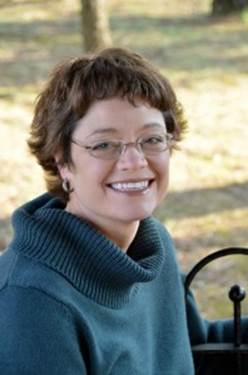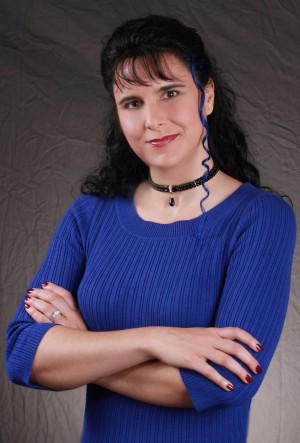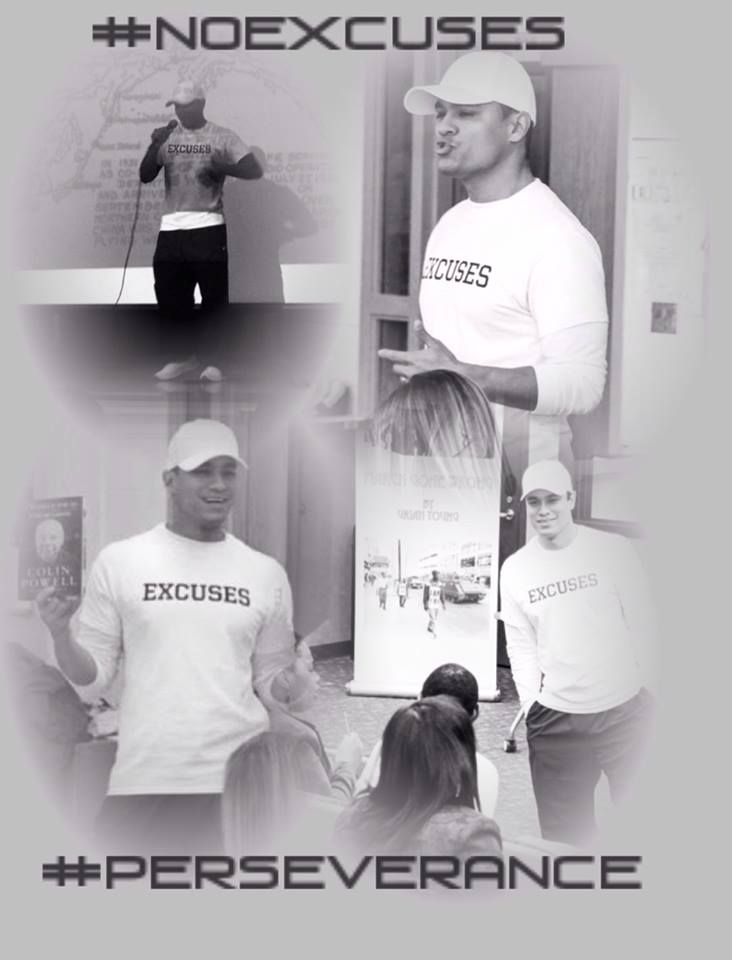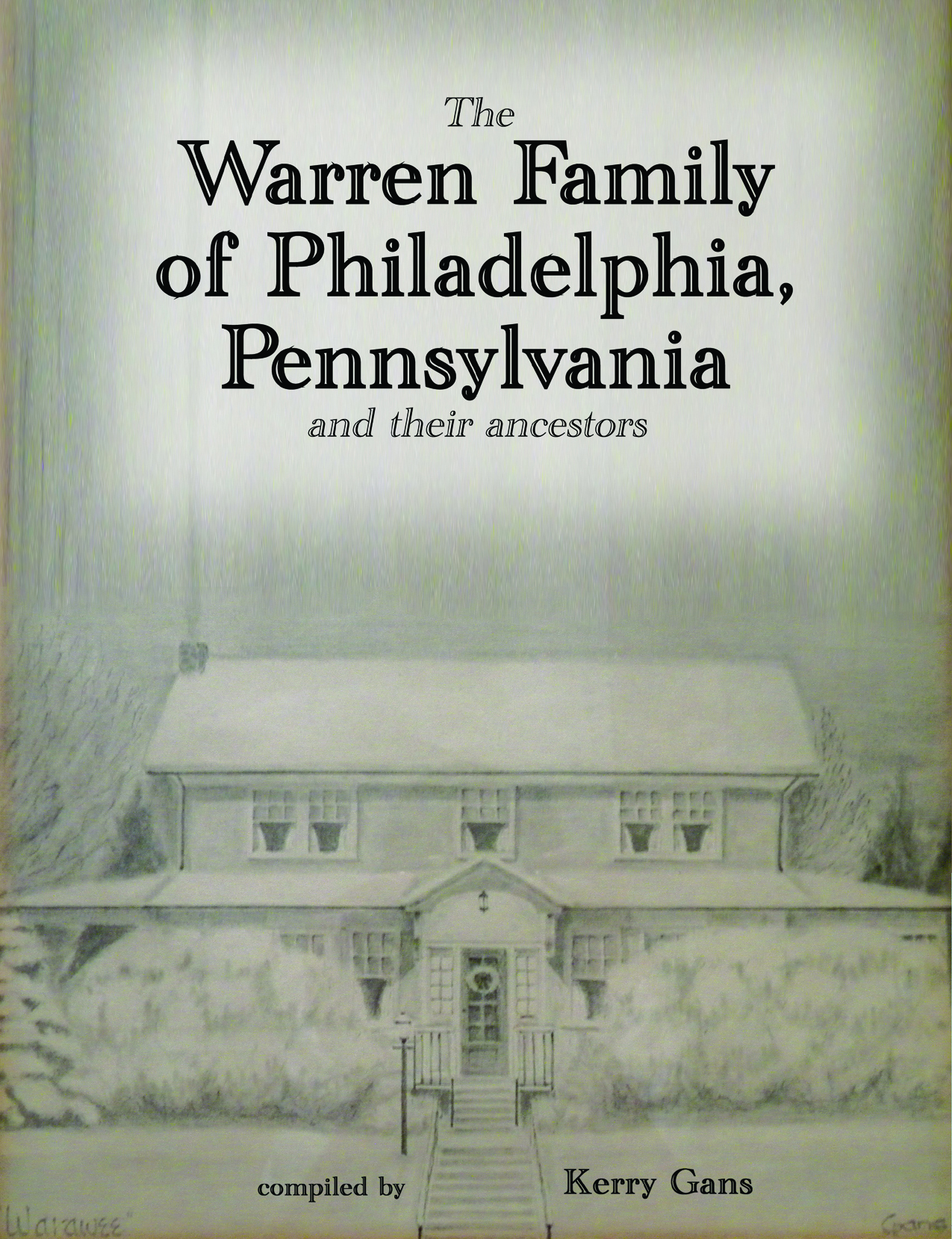This year’s Philadelphia Writers’ Conference suited my introverted, straight-A, personality perfectly—quiet, intimate, and studious. The newly remodeled hotel exuded a sense of freshness and beginnings and possibilities. People spoke of courage and dreams and magic.
Last year, that magic worked on me to spark my creativity—a creativity that had gone dormant since my daughter’s birth 4 years prior. I took that spark home with me, and slowly it grew into a full-blown creative fire.
This year, my biggest takeaway was not of the creative variety, although I learned a whole lot about craft that I can’t wait to start applying. This year, my biggest takeaway was an appreciation of the opportunities that can arise out of simply going to the conference.
I’m an introvert, as stated up top, and I have anxiety disorder, so social situations are pretty much a circle of Dante’s Inferno for me. Yet after going to the conference for 4 years in a row, I have met and gotten to know many people who come each year. While I do not do much formal networking, it is nice to have people to say hello to and have people greet me in the halls.
But two events made me appreciate the opportunities we have to connect at the PWC. One began last year, and one happened this year.
Last year at the conference, I pitched to an agent. We hit it off, and he asked for my manuscript. Just as I was preparing to send that manuscript to him, I got an offer from a small press for a different manuscript. Although thrilled with the offer, I was totally unprepared to negotiate a contract without an agent. I asked this agent if he would represent me, and although he declined, he did agree to take a quick look at the contract. To my everlasting-gratitude, he helped guide me to a contract that was satisfactory for both the publisher and me.
This year, I pitched another publisher another book. She was interested. In a serendipitous connection, one of the workshop leaders was her husband. I had sent in a piece for critique to him, and he liked it so much that he showed it to her. She tracked me down the next day and demanded to know why I hadn’t pitched THAT story to her. I told her I only had three chapters done! She urged me to finish it soon and send it to her.
Will anything ultimately come of this? Who knows? But the fact that she was so excited about my project made my weekend. That story is the first book I have started from scratch since my daughter’s birth, and her interest reassured me that I really had found the creativity I had once been afraid I’d lost forever.
Going to the PWC, and taking advantage of the opportunities presented to me, has already helped forward my career. It has saved me from contractual missteps, and given me renewed confidence in my writing ability. These unexpected events and the appreciation of them are my biggest takeaway this year.
Writing is powerful. Often, though, we weave our spells in solitude. We forget—or we never knew—that the writing community has a potent magic all its own. A magic that seeds, revives, and nurtures dreams. Come add your magic to the collective cauldron.
Because we are the stuff that dreams are made of.




